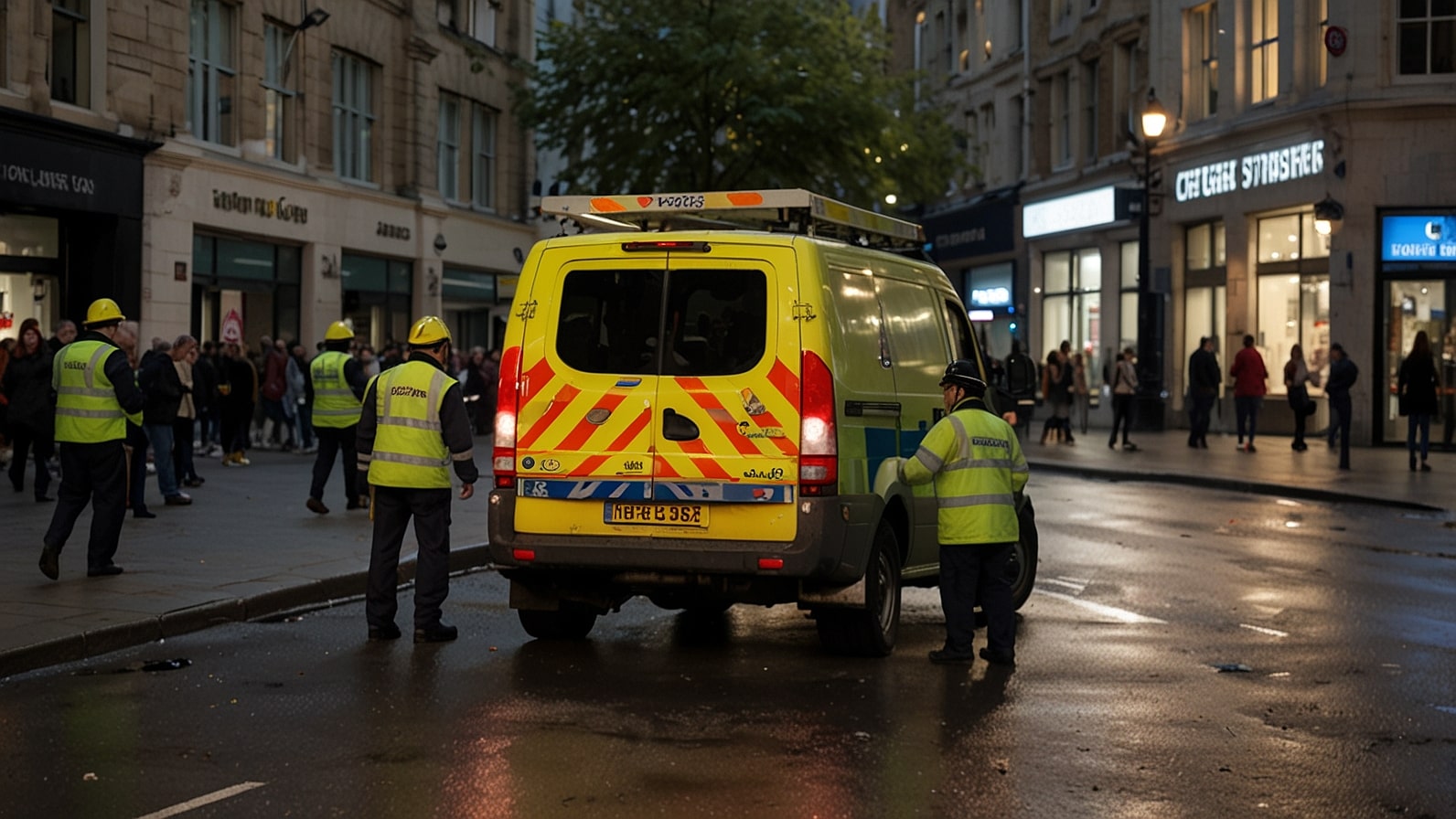The government has scrapped the controversial two-child benefit cap in a bold move that will reinvent the family support concept in the country. This move, announced late yesterday by Chancellor Rachel Reeves, would be a major reversal of a policy that has been repeatedly criticised through the years as a way to keep thousands of families in deeper poverty.
With Britain struggling with the increase in the cost of living and facing the unpredictability of the economy, the shift will inject billions of pounds into the low-income families, a lifeline to more than 400,000 children who are currently not benefiting.
In 2017, as part of the previous Conservative government, the two-child limit was introduced to restrict universal credit and child tax credit to the first two children in each family.
It was meant to reduce welfare costs, but instead it increased child poverty levels, and campaigners claimed it was punishing more families and putting larger families off having more children.
According to the official statistics provided by the Department of Work and Pensions, approximately 1.6 million children in working families that find it hard to make ends meet were affected by the policy.
This move will raise the government an estimated PS2.5 billion a year but may pull as many as 250,000 children out of poverty in the coming few years when the government lifts this restriction.
According to a statement to Parliament, Reeves said: This is not only about fairness, but also providing every child with the opportunity to flourish, no matter the size of their family.
The announcement follows a growing concern amongst child poverty experts, opposition parties and grassroots organisations that have pointed to the presence of the cap in contributing to inequality.
Profiles of families missing meals or resorting to food banks have been on the rise in recent months, and the End Child Poverty coalition estimates that the policy helped one and a half million children cross the poverty threshold last year alone.
Background Policy: Controversy to Change
The roots of the two-child cap lie in the austerity to curb the welfare bill, yet the results have been far-reaching and can sometimes be saddening.
Single parents, ethnic minority households and those living in areas such as the North East and Wales have suffered the most, as research has indicated a 20 per cent increase in poverty rate among affected family units.
The Joseph Rowntree Foundation and other critics have labelled it a punitive measure that cannot consider the realities of family life in modern times, whereby unexpected pregnancies or blended families are frequently encountered.
This ruling is indicative of the wider ambition of the Labour government, through eradicating child poverty by 2030, which was enshrined in law earlier this year. This is in addition to other reforms, including the decision to expand free school meals and to invest more in early years education.
But the timing – a few weeks before the autumn budget – points to the fact that ministers are walking a fine line. The move has not been well received ,given that public finances are stretched due to slowed growth, and inflation is sitting at 2.5%. Its advocates rejoice and note that it is a moral impetus, but fiscal conservatives acknowledge that it will lead to massive deficits.
It will be implemented starting in April 2026, allowing systems time to adapt. However, immediate transitional assistance will be provided to new claimants.
Families whose children are younger than the policy’s introduction date can backdate their claims, which may result in thousands of pounds in arrears. The Treasury has committed to balancing the costs by saving efficiency in other spheres of welfare, such as a crackdown on benefit fraud that will save PS1 billion in the next ten years.
Voices on the Frontline: Welcome Relief to Families
To most, the news offers real hope. In Manchester, a single mother of four, Sarah Jenkins, 32, who has fought to abolish the cap over the years, said that the announcement was life-changing.
We have been rationing ourselves in food and heating to the youngest two, because we could no longer afford more, she said. This will be so that no longer will my children go to bed starving. It’s not charity – it’s justice.”
This sentiment was reflected in social media and community discussion forums last night with a hashtag such as #EndTheCap and #FairerFamilies trending across the nation.
The childcare charities saw a surge in the number of helpline calls by concerned parents, and economists have forecasted an increase in consumer spending by a slight margin as families shift their money towards necessities such as utilities and school supplies.
However, everything is not unanimous. Other critics claim that the policy ignores the underlying reasons, such as low wages and housing crunch. According to one policy analyst, dropping the cap is like applying a plaster on a bleeding wound.
Unless we resolve unstable work and the cost-of-living crisis, we will witness the reverse of poverty. These concerns have been realised by the government, which is set to release a comprehensive white paper on poverty reduction towards the end of the year.
Economic Effects: Balancing the Books
Economically, the reform timed out just when it was needed. In the UK, the GDP only increased by 0.2 per cent in the third quarter, according to initial Office for National Statistics data, and consumer confidence is still weak due to the global trade tensions.
The removal of the cap would boost demand in retail and services, especially in the deprived regions where the poverty levels are more than 30%. The retailers, such as Asda and Tesco, have already indicated the possible price changes so as to allow them to serve more footfall by the supported families.
On an international scale, the action has been applauded by other organisations such as UNICEF, which placed the UK 33rd out of 39 European governments on child well-being last year.
It makes Britain more like progressive welfare models elsewhere in Scandinavia, a spokesperson said. At home, it strengthens Labour in terms of polls on social justice matters, where they beat Conservatives by 15 points, according to recent polls.
With the unfolding details, the questions remain on how to enforce it and who is eligible. Are there going to be expanded exemptions for multiple births or disabilities?
What will the devolved countries, such as Scotland, do with this, and how will they incorporate it with their own benefit systems? Reeves has ensured that he carries out cross-party consultations to smooth out wrinkles so that the policy can be sustainable even after the electoral periods.
Ahead of Our Time: Family Breakthrough
The announcement today is not just a policy adjustment, but an announcement that child poverty is not something that must happen.
The government has broken a wall that has crippled the opportunities of a generation, and this is an effort to bring back the emphasis towards equity in an unequal society.
It would put the 400,000 children who are going to be the beneficiaries on a path towards better futures, without the spectres of need.
Britain is going through economic headwinds and social division, and this reform is the light at the end of the tunnel. It makes us remember that a policy based on empathy can change lives.
Now that the budget is looming, everyone will focus on how the ministers will deliver on this promise, which will bring reality to families within the country.



